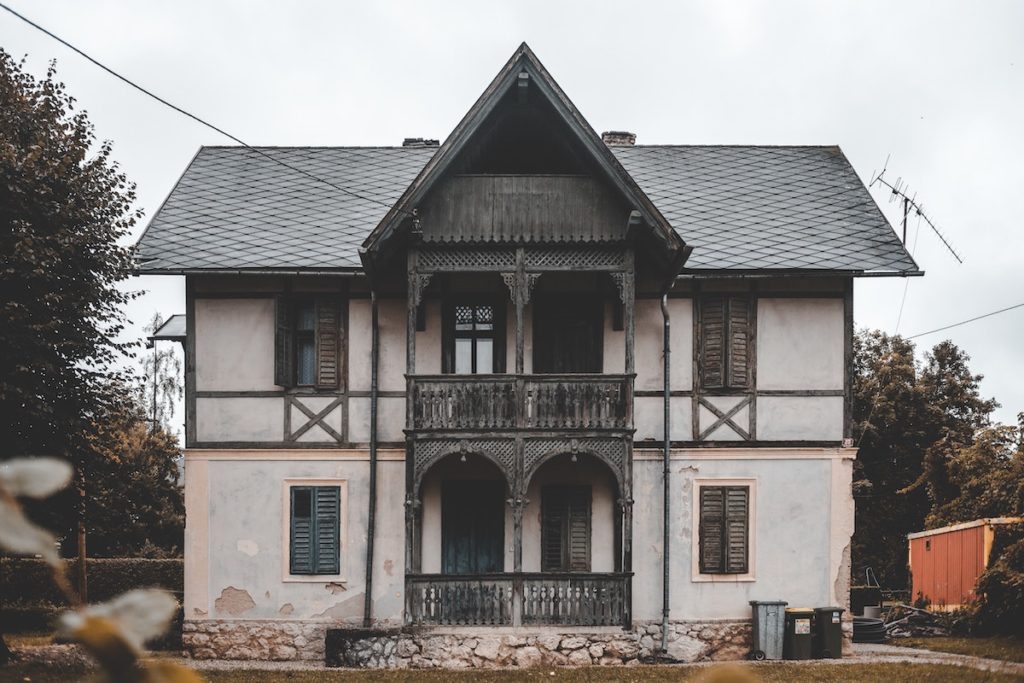Looking for a home can be stressful enough while buying it can sometimes prove to be even more stressful.
One of the decisions you must make as a homebuyer is whether to buy a turn-key home or one that requires repairs – a fixer-upper. To help guide you, we discuss a few pros and cons of buying a fixer-upper:

Advantages of Buying a Fixer-upper
Build your new home however you like
Rather than buy a house that meets all your needs, you can buy one that is in a good neighborhood. From there, you build it your individual needs. So that means you get to choose the design, which house building trends to incorporate and even decide on the final layout, in some cases.
Secure ‘specialized’ home loans
You can find a variety of loan options and mortgages that specifically cater to fixer-uppers – all meant to improve local communities and neighborhoods. You might even find better-than-usual interest rates through these specialized fixer-upper schemes.
Fixer-uppers have less competition
Let’s say there is a housing shortage in your local neighborhood. In that case, you’ll find it easier to bid on a fixer-upper while also increasing your chances of winning it because the demand is lower.
Fixer-uppers have relatively lower prices
You pay less for a fixer-upper compared to a regular house. While you may need to spend some time, money, and energy into improving it, both the listing price and initial payment are lower. For example, in Philadelphia, the average cost of a fixer-upper is half what a traditional home costs.
Quality control
From start to finish, you get to choose your contractors, building materials, colors, etc. – just about everything.
Disadvantages of Buying a Fixer-upper
Hidden problems may require your attention
Even though you might do your level best to have a thorough inspection done, problems may crop up down the line. Issues can go unnoticed until the actual work begins, which means you’ll need to extend your budget for the remodeling.
Renovation costs might equal to the money saved
Even though you are saving money by choosing a fixer-upper, in some cases, you may end up breaking even due to the renovation required or even spend more. Unusually cheap fixer-uppers require more work to bring them up to living standards.
Fixer-upper is a long term project
A fixer-upper can often take time to renovate. This may range from a few months to usually a year or more. During this time, you’ll have to either rent a place or accept that you’ll be living in a construction zone.
Budgeting can be complicated
It’s quite hard to budget for a home renovation and repairs unless you’re a seasoned ‘home flipper’. The cost of upgraded materials, extra labor, or any related projects can quickly drive up expenses – so it’s quite easy to go over-budget, even if you set one up before beginning renovation works.
Limitations on renovation
Beyond a specific limit, you may not be allowed to renovate your fixer-upper if it means increasing the value beyond other houses in the area. Building permits and codes, as well as homeowners associations, can quickly dash your dreams.
Buying a fixer-upper can be an excellent investment if you’re willing to put in the work. Carefully think about these pros and cons of buying a fixer-upper before taking the plunge.
- Tulip Mania – The Story of One of History’s Worst Financial Bubbles - May 15, 2022
- The True Story of Rapunzel - February 22, 2022
- The Blue Fugates: A Kentucky Family Born with Blue Skin - August 17, 2021